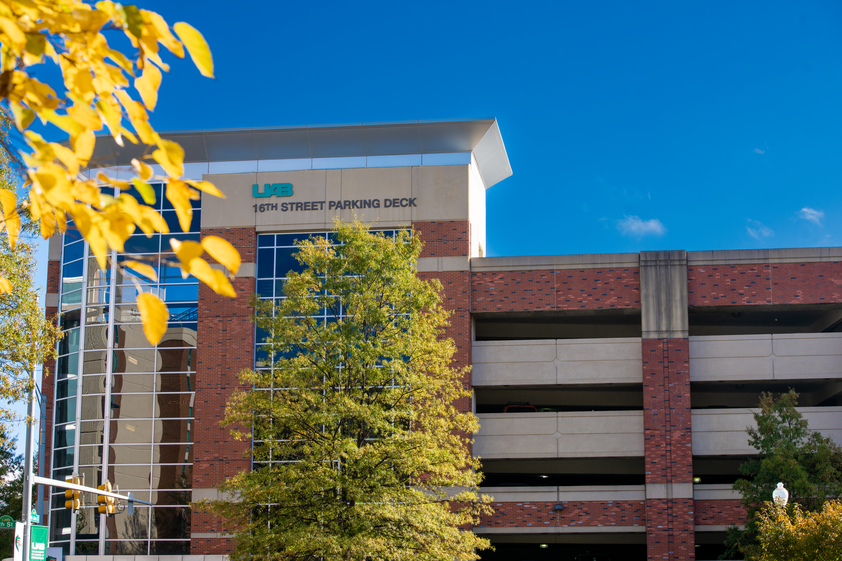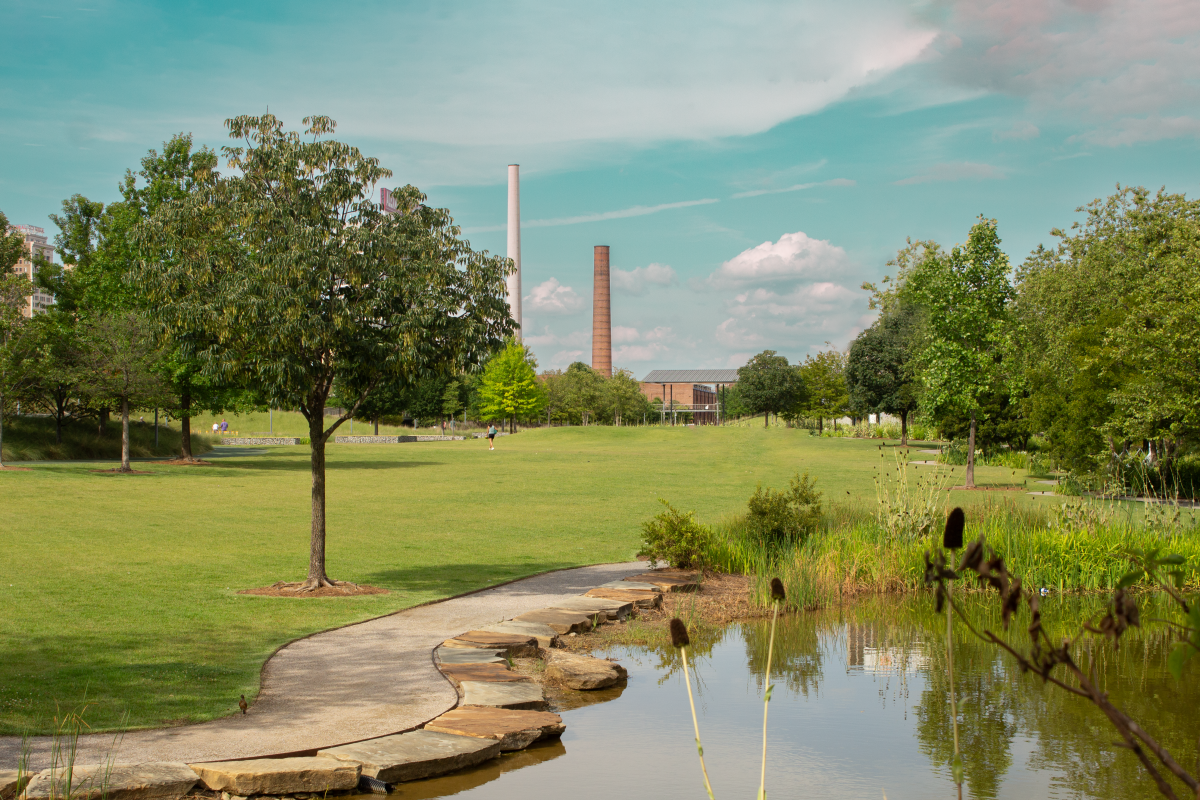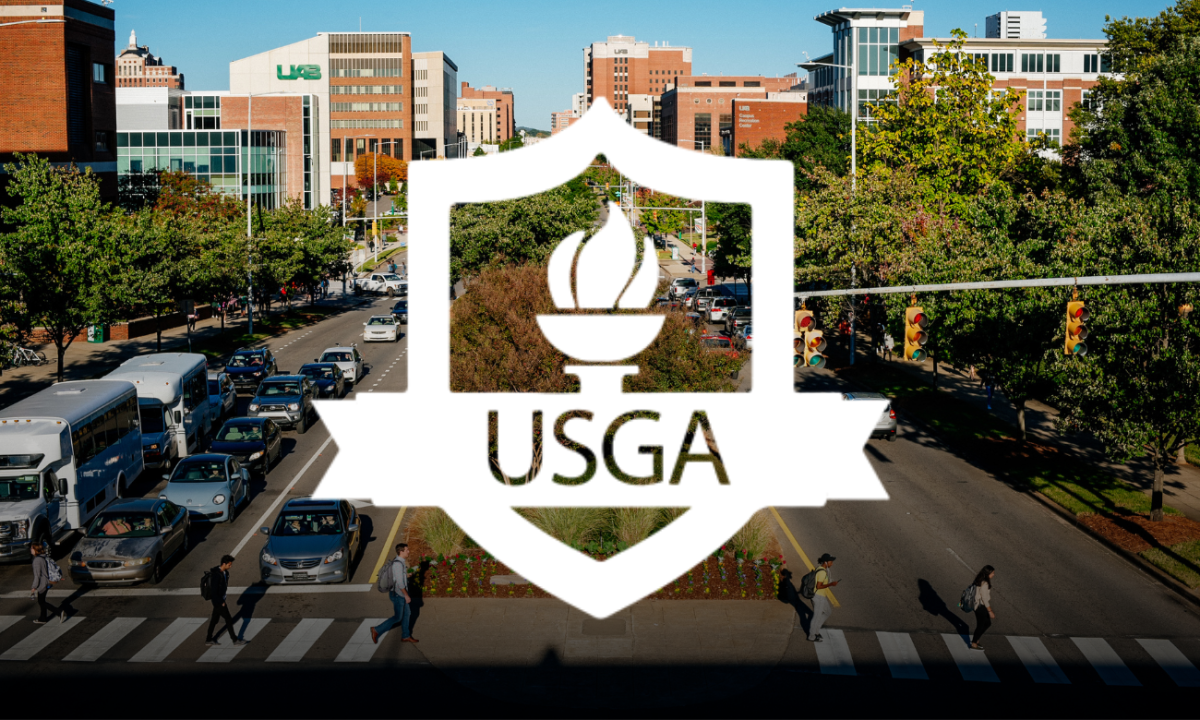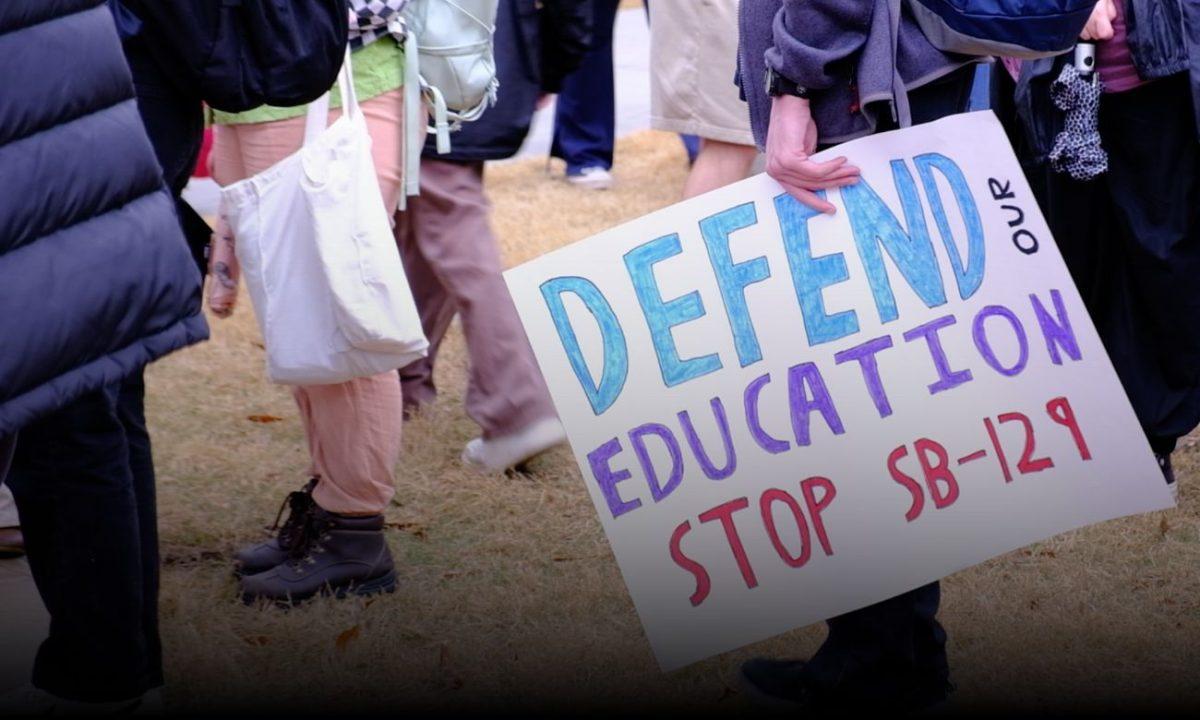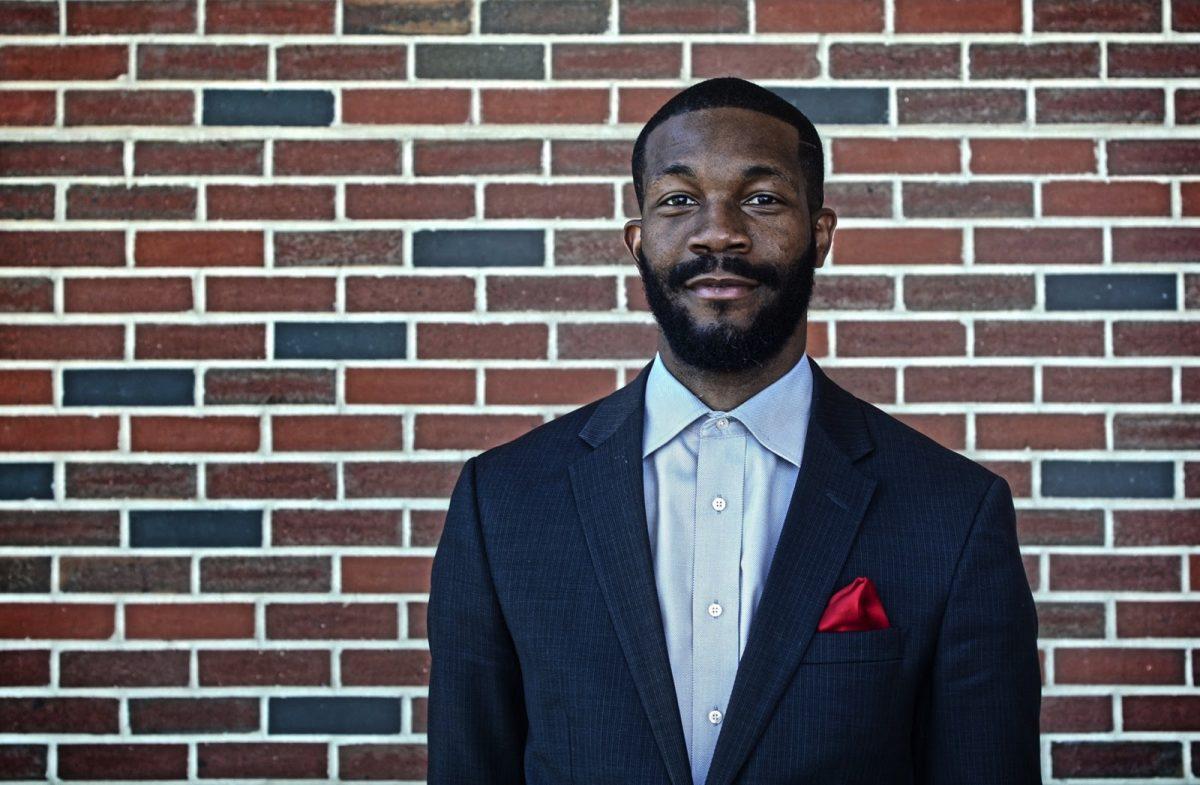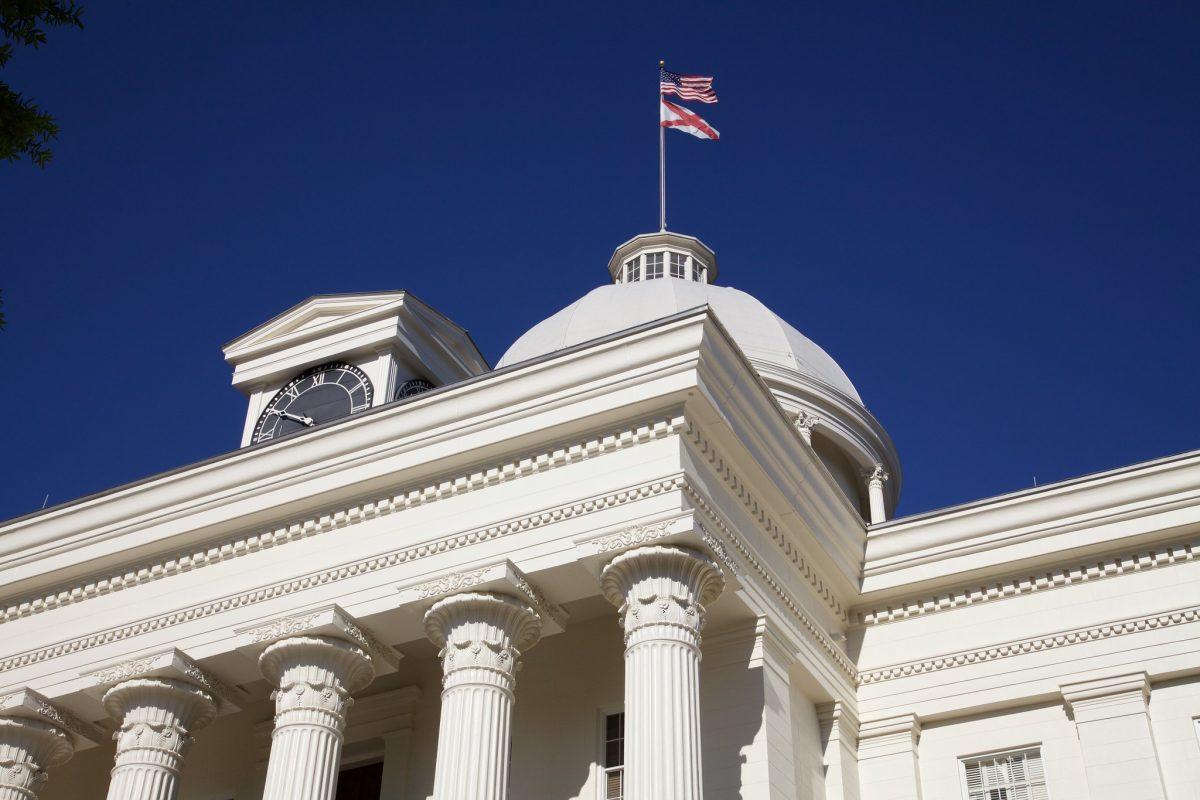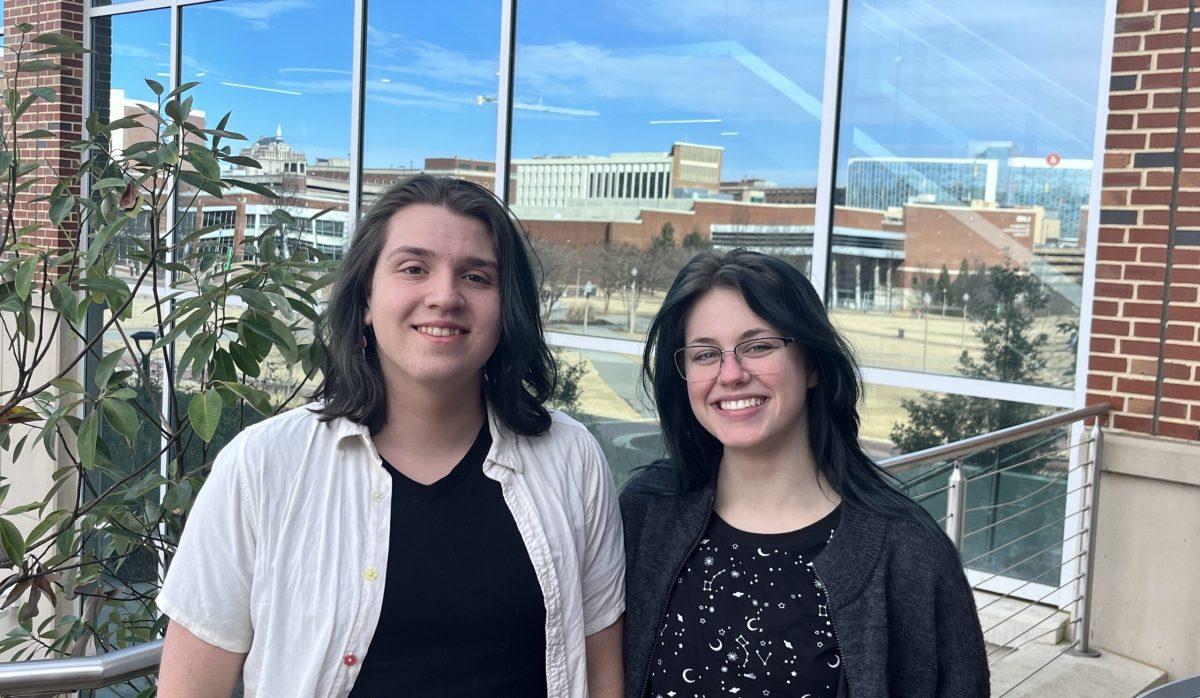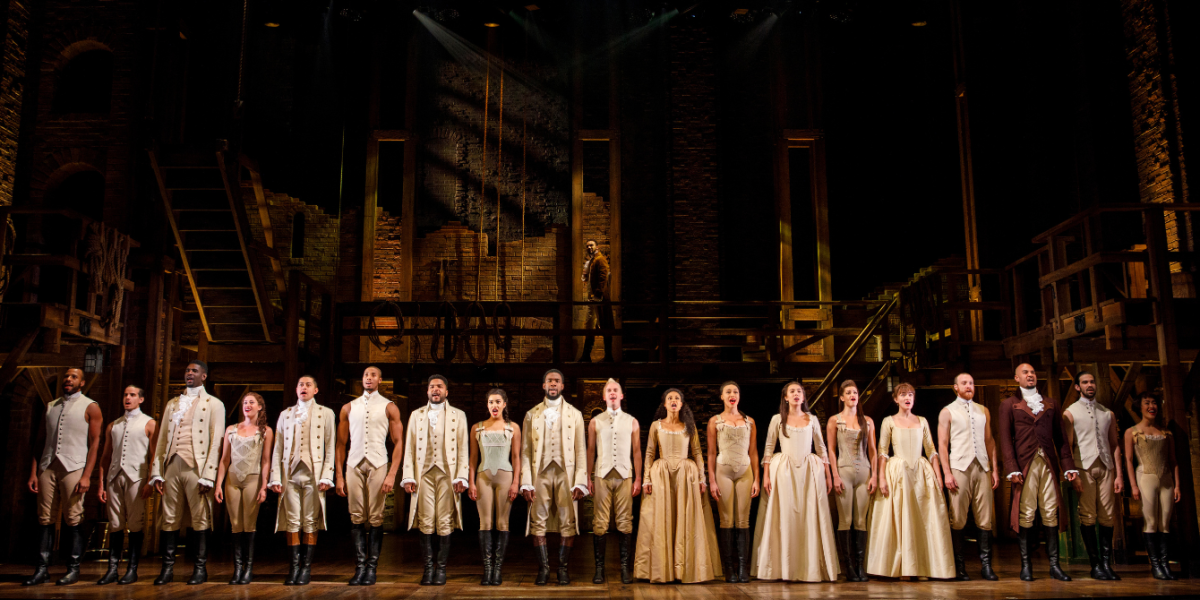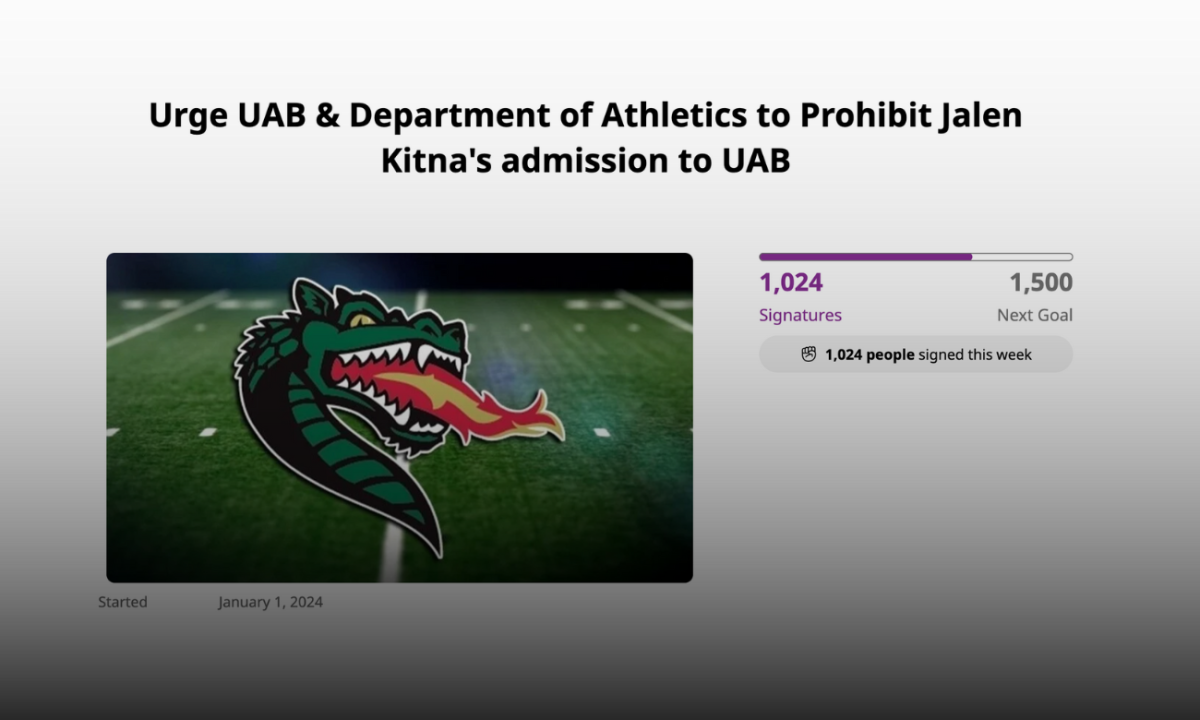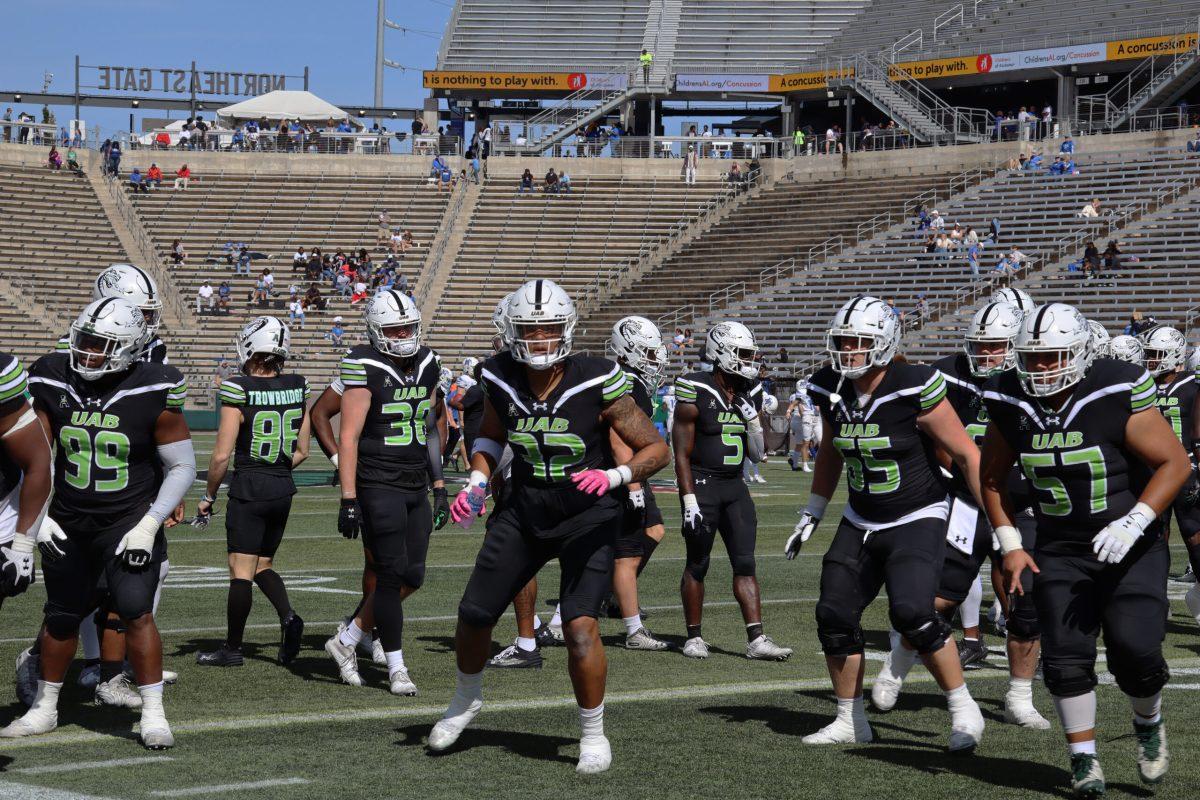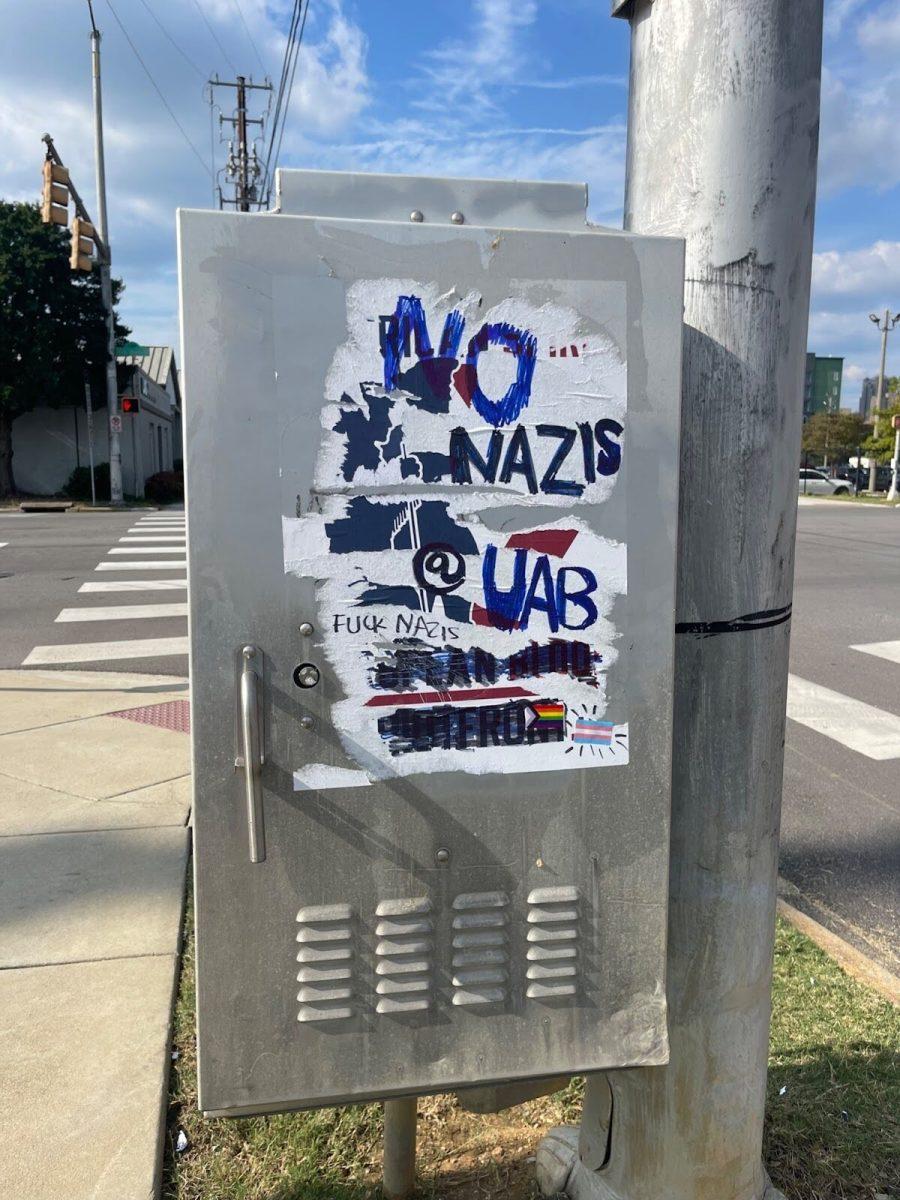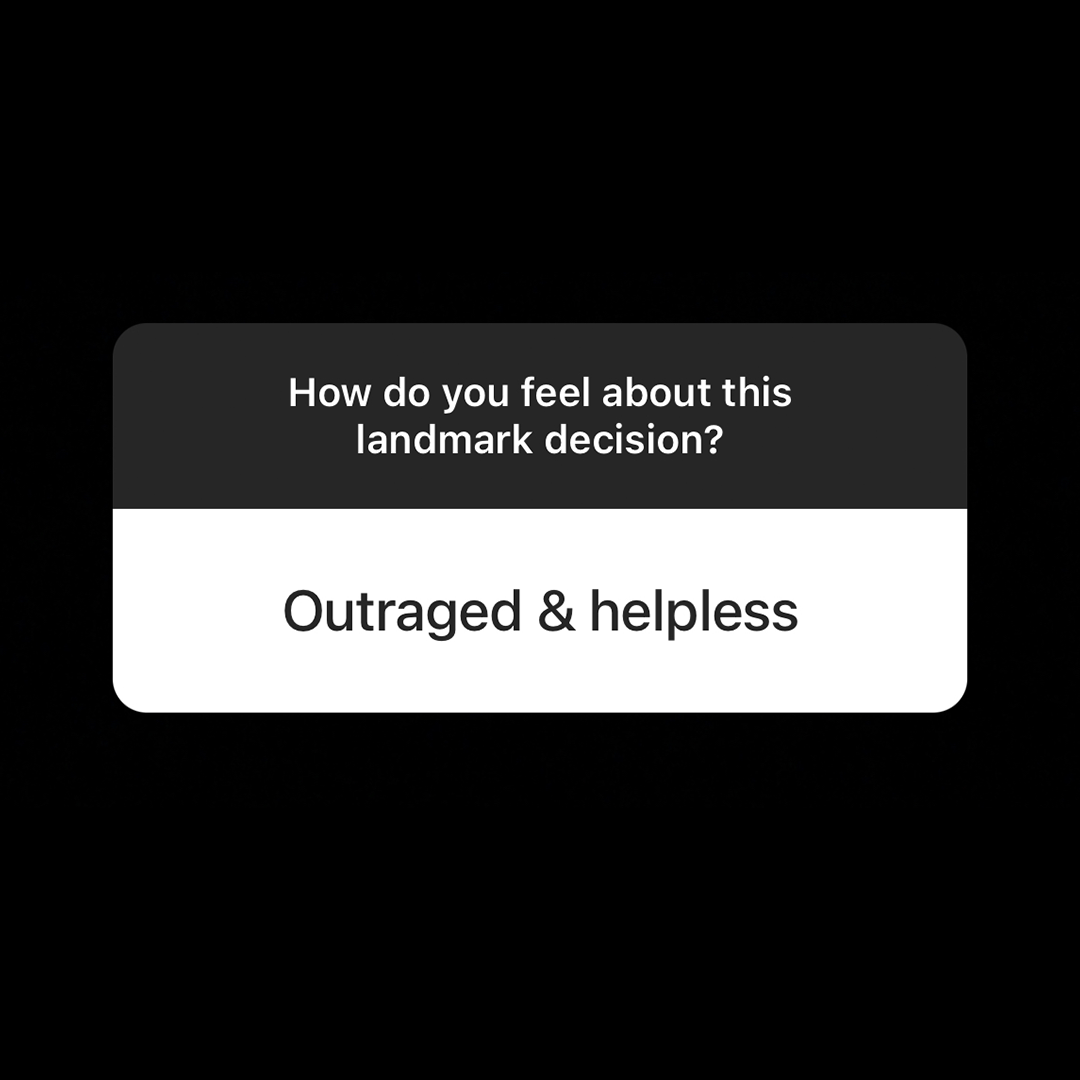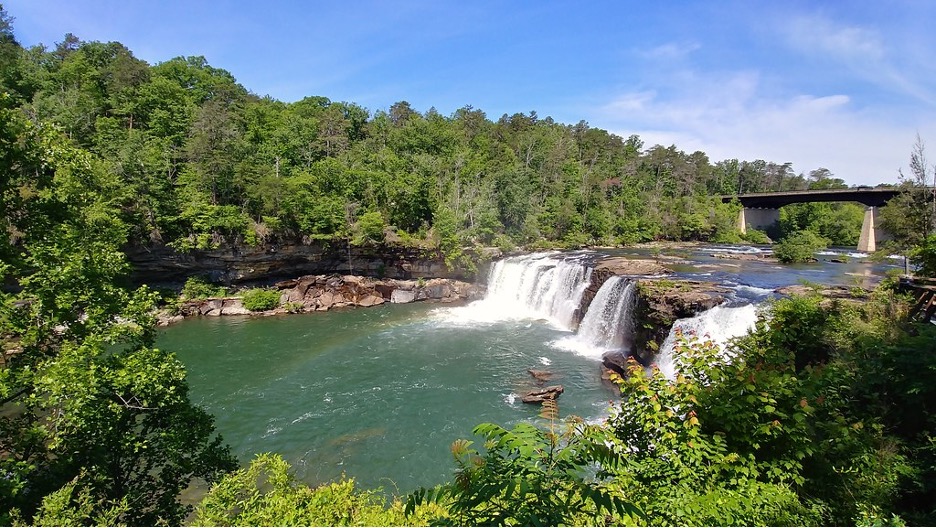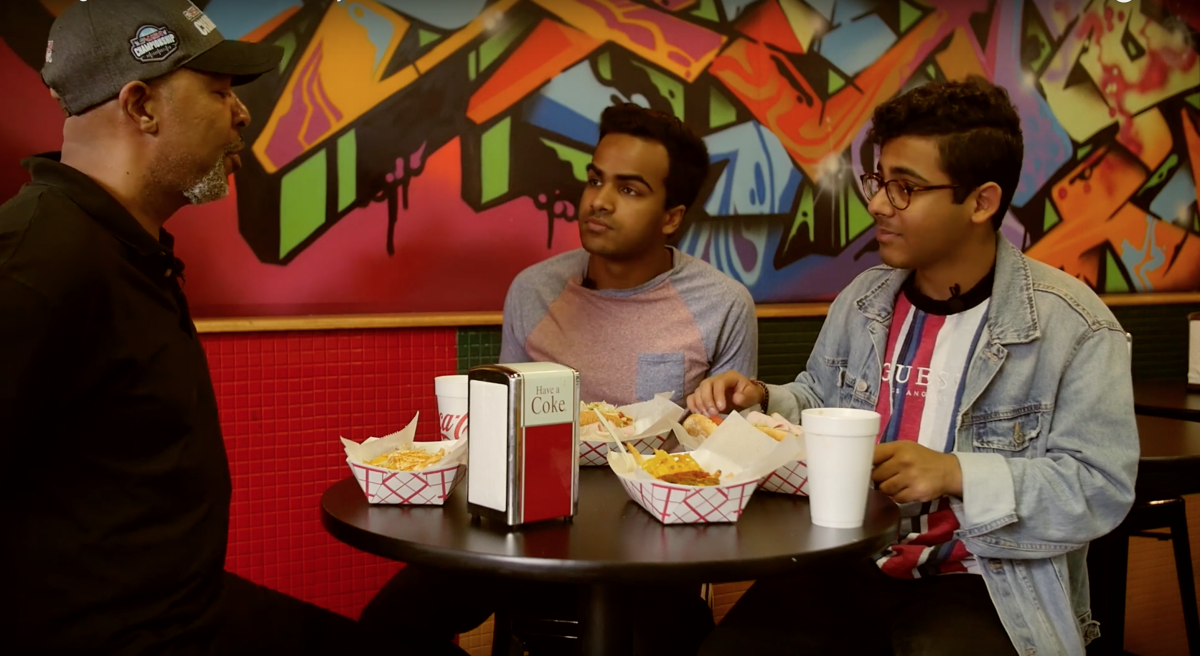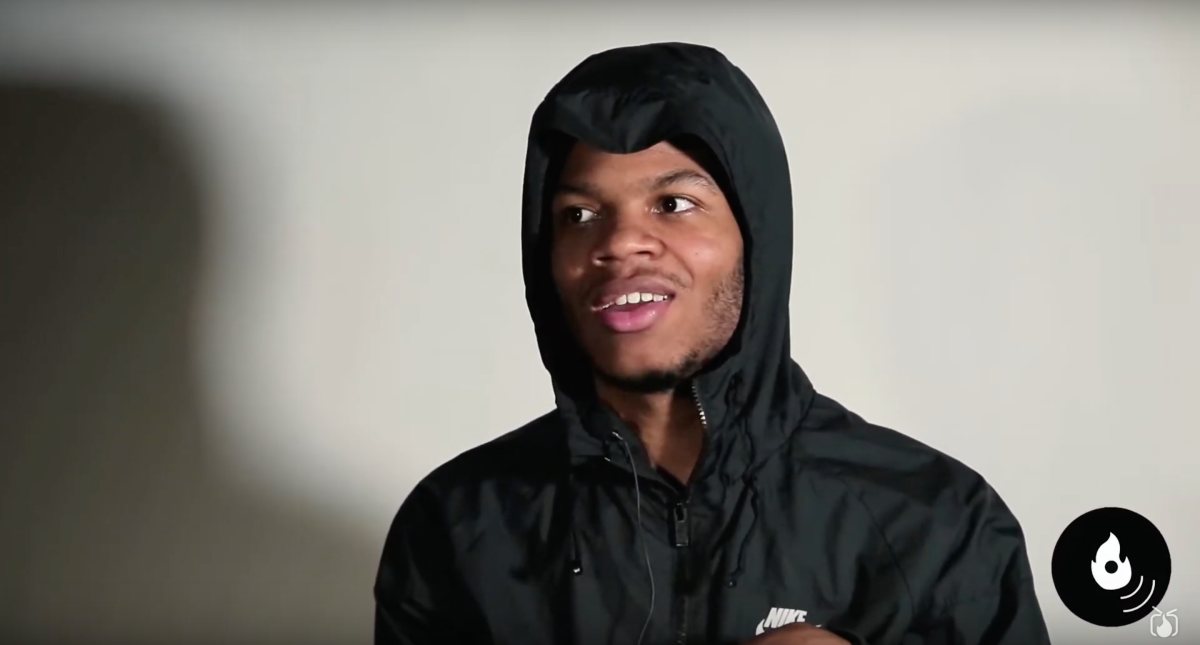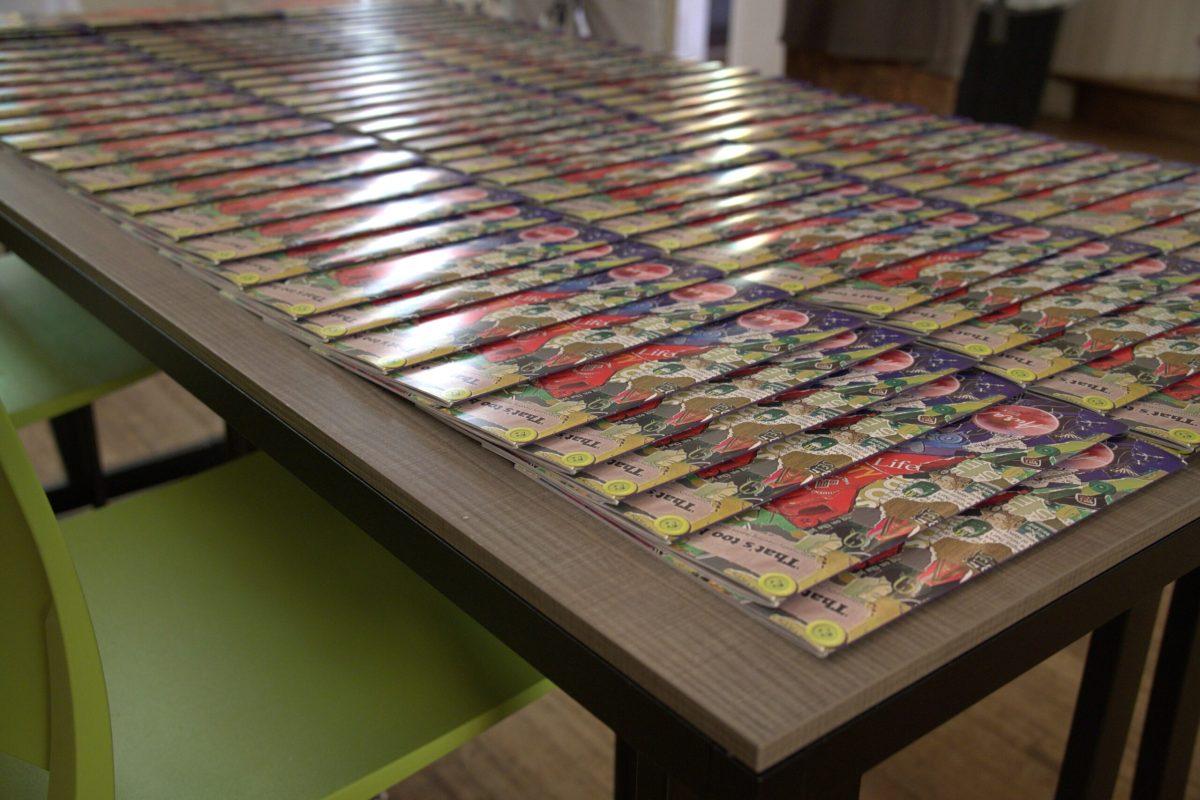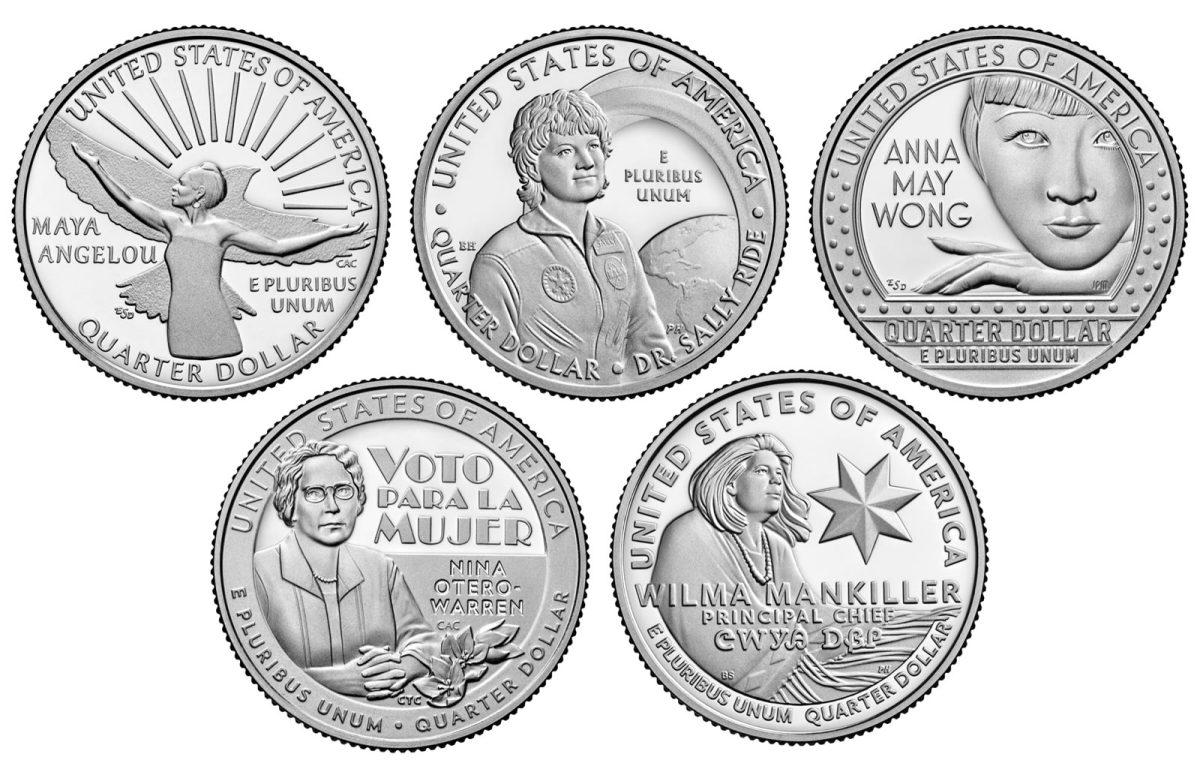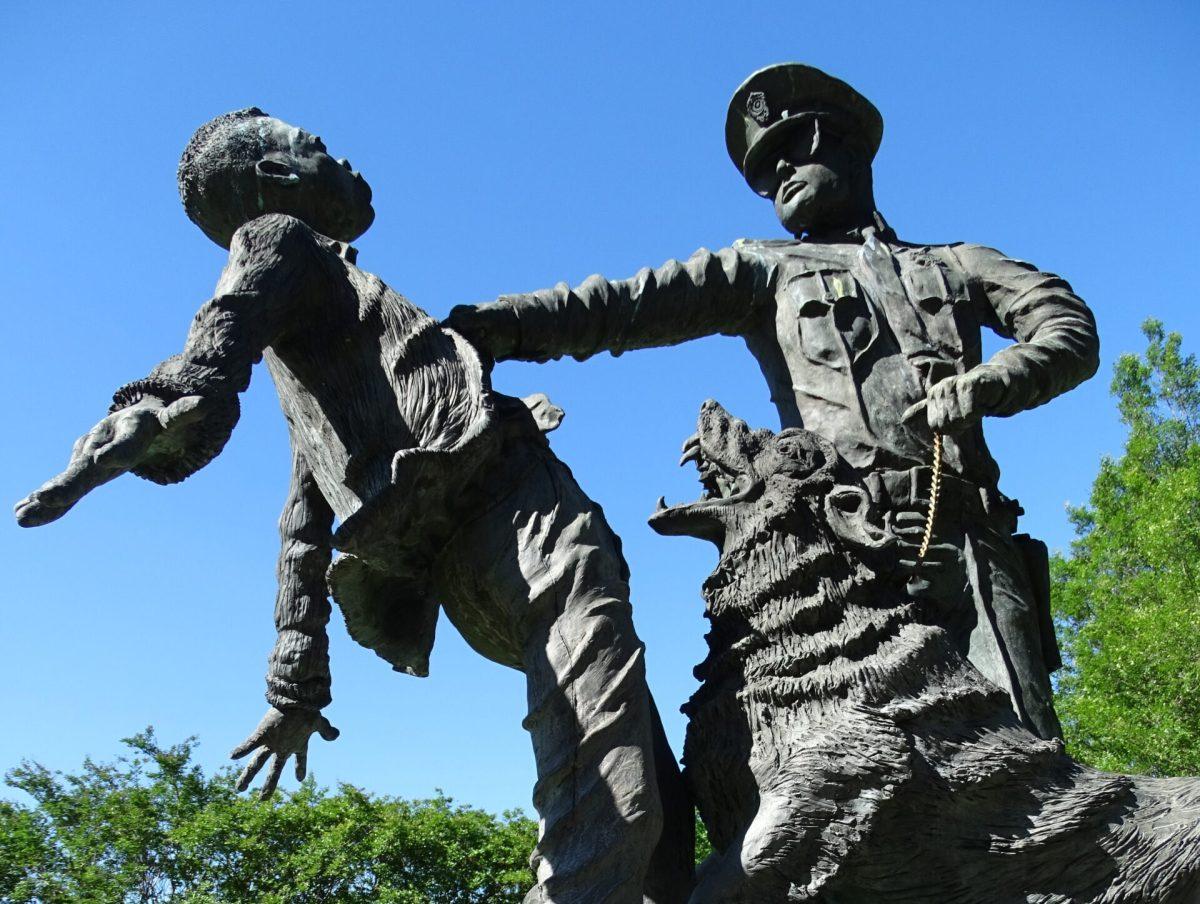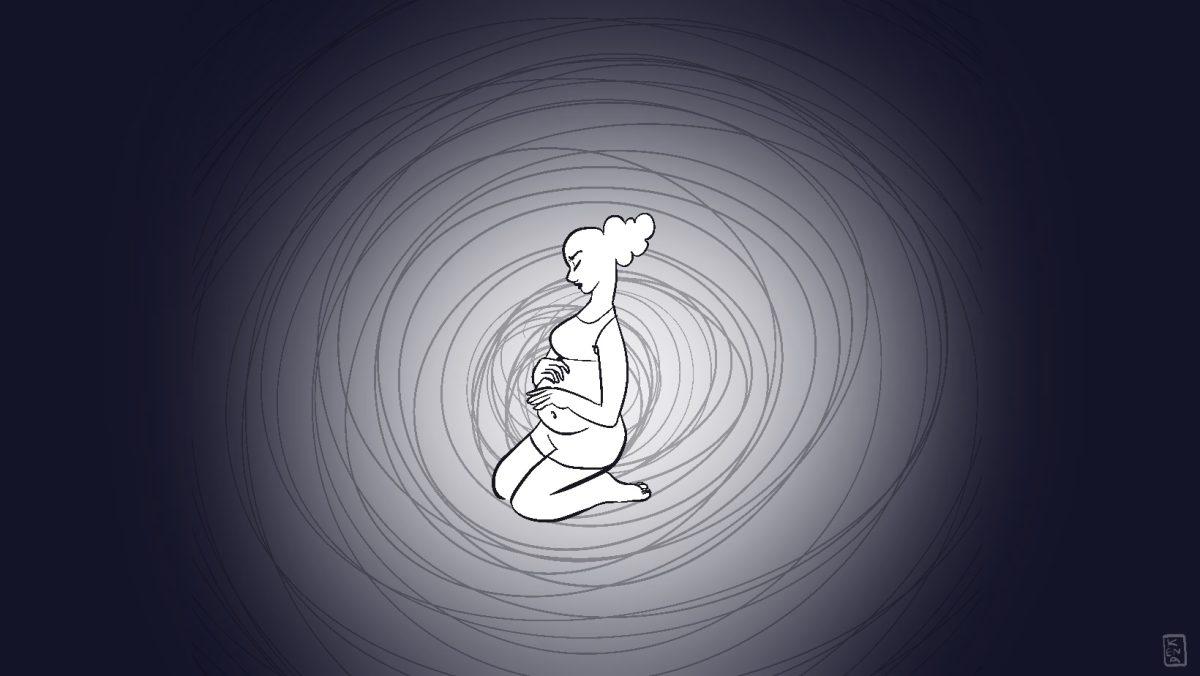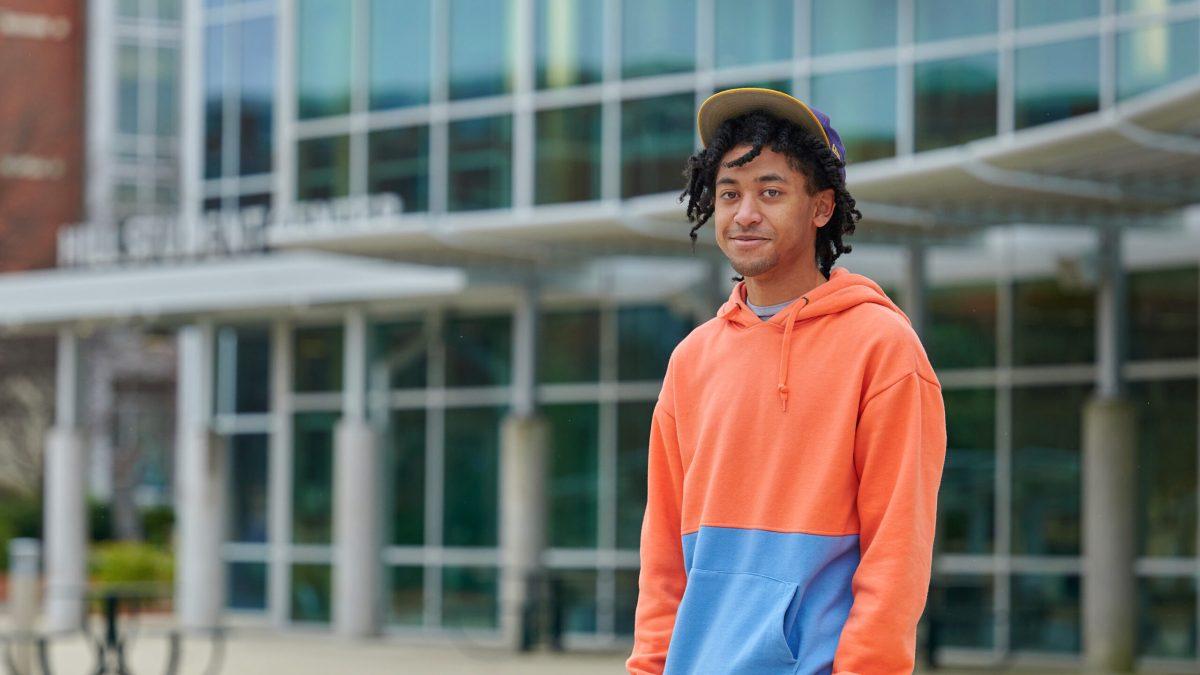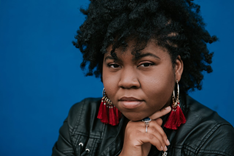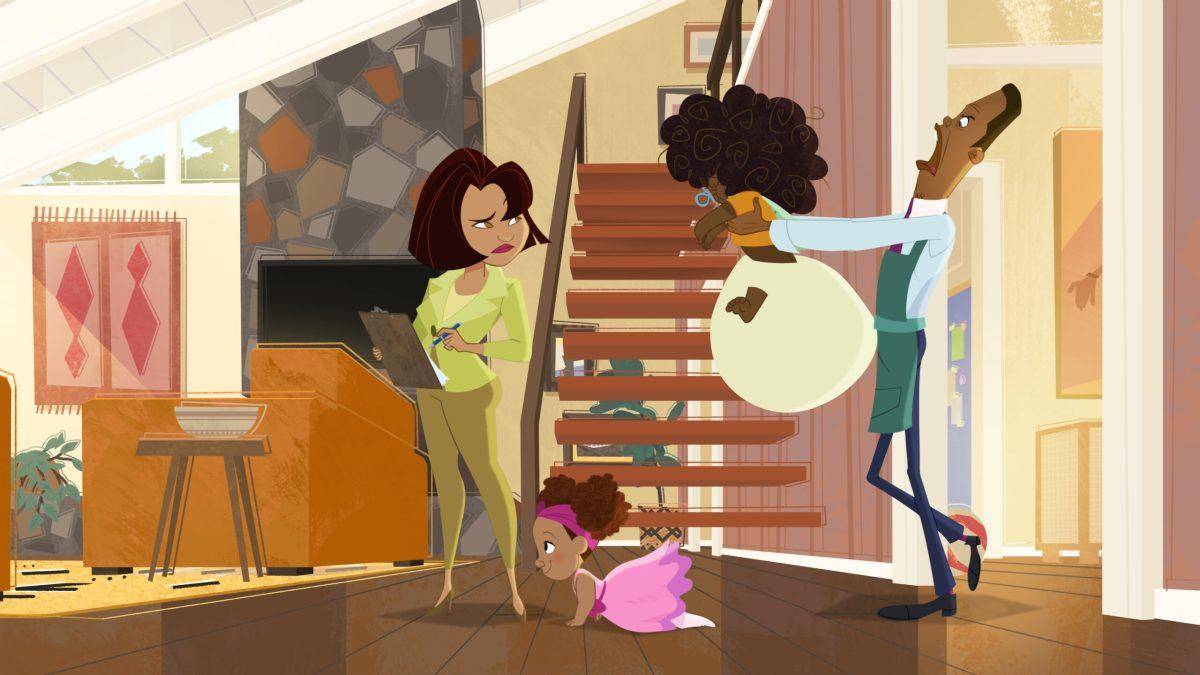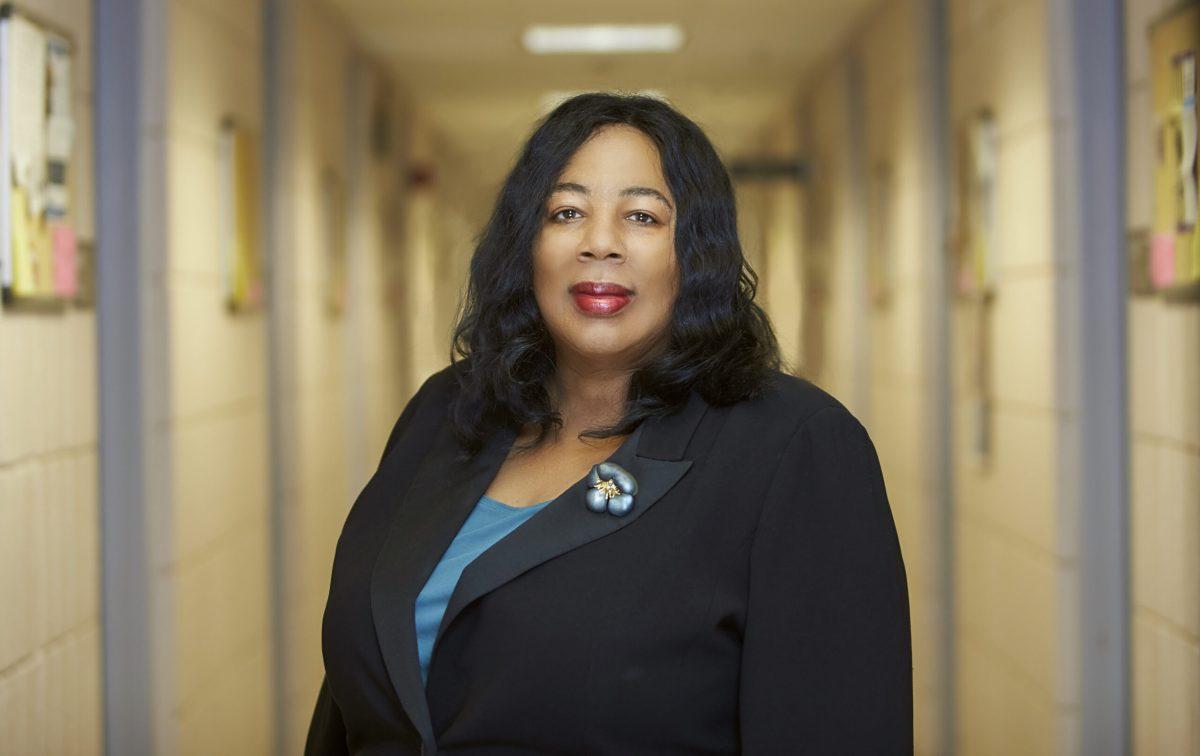This piece first appeared in our February 2021 Magazine.
Birmingham has been an important location of Black history in the south spanning since before the Civil Rights movement and after it. For the purpose of learning about one of the most important periods in Alabama history, here is a collection of a few place in and near Birmingham.
Kelly Ingram Park
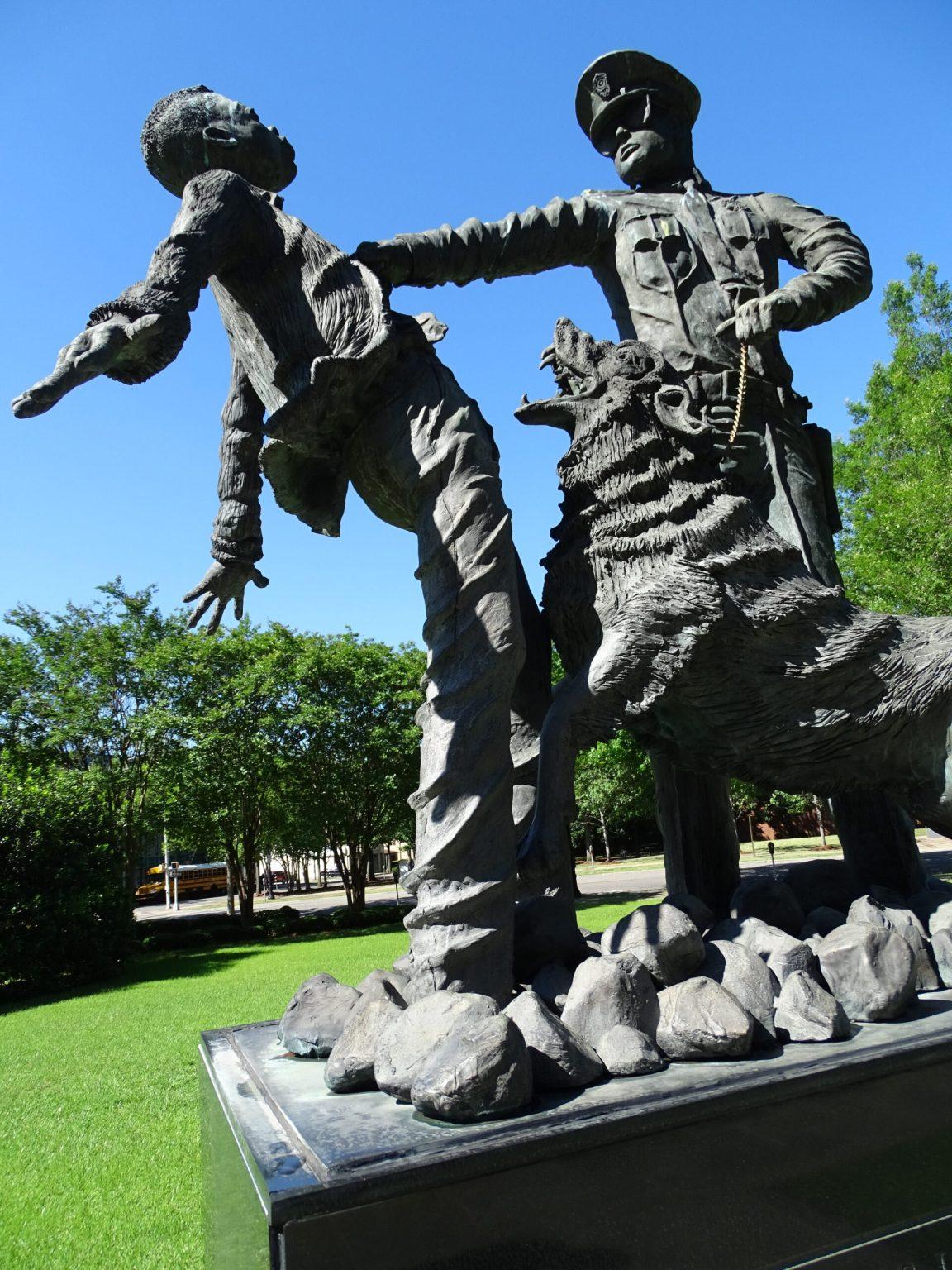
Photos courtesy of Wikimedia Commons 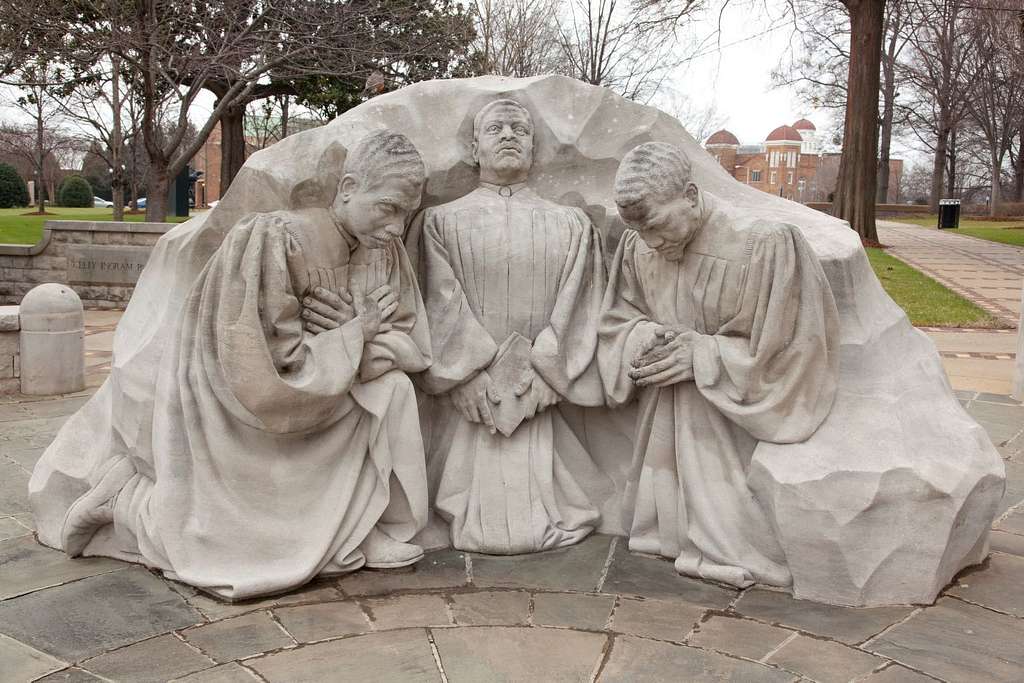
Photos courtesy of Picryl
Kelly Ingram Park was the central location of the protests organized by Reverend James Bevel in May 1963. In 1992, the park was renovated alongside the founding of the Birmingham Civil Rights Institute as “A Place of Revolution and Reconciliation.” Bevel was originally from Mississippi and became the director of Direct Action and Nonviolent Education for the SCLC and organized the Children’s Crusade. This was the event often shown in media about the Civil Rights Movement where Police commissioner Bull Conner used police dogs and fire hoses against children. The park has statues depicting the events of the protests as well as memorials of those who made the movement possible. The park has a guided audio tour available by calling 205-307-5455. The park is free to visit.
Birmingham Civil Rights Institute
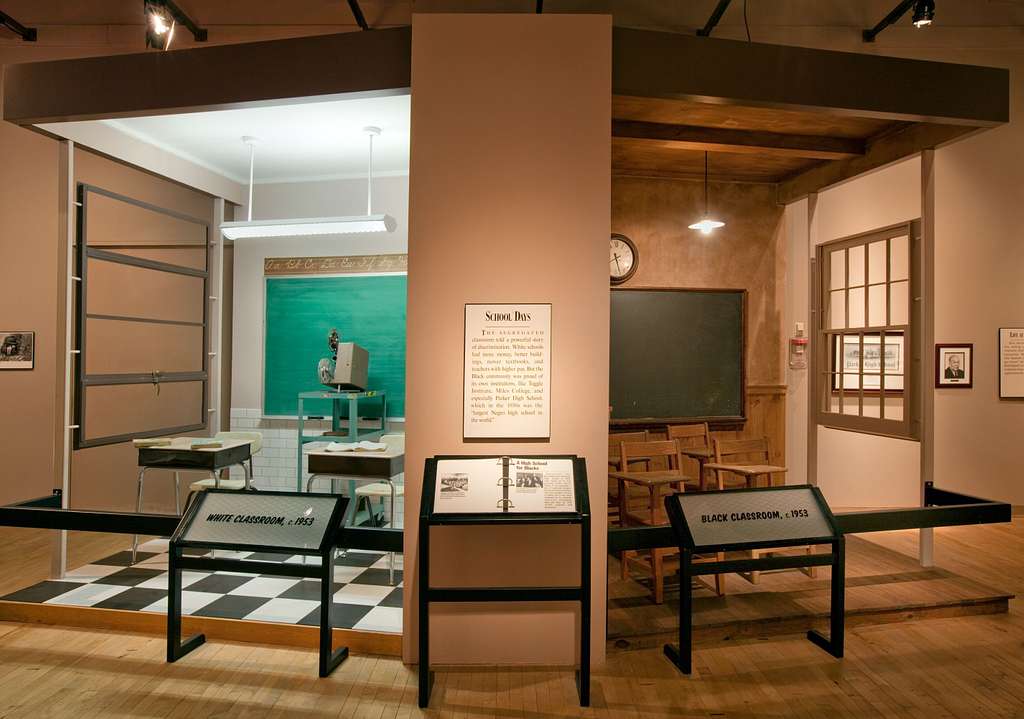
Photos courtesy of Picryl 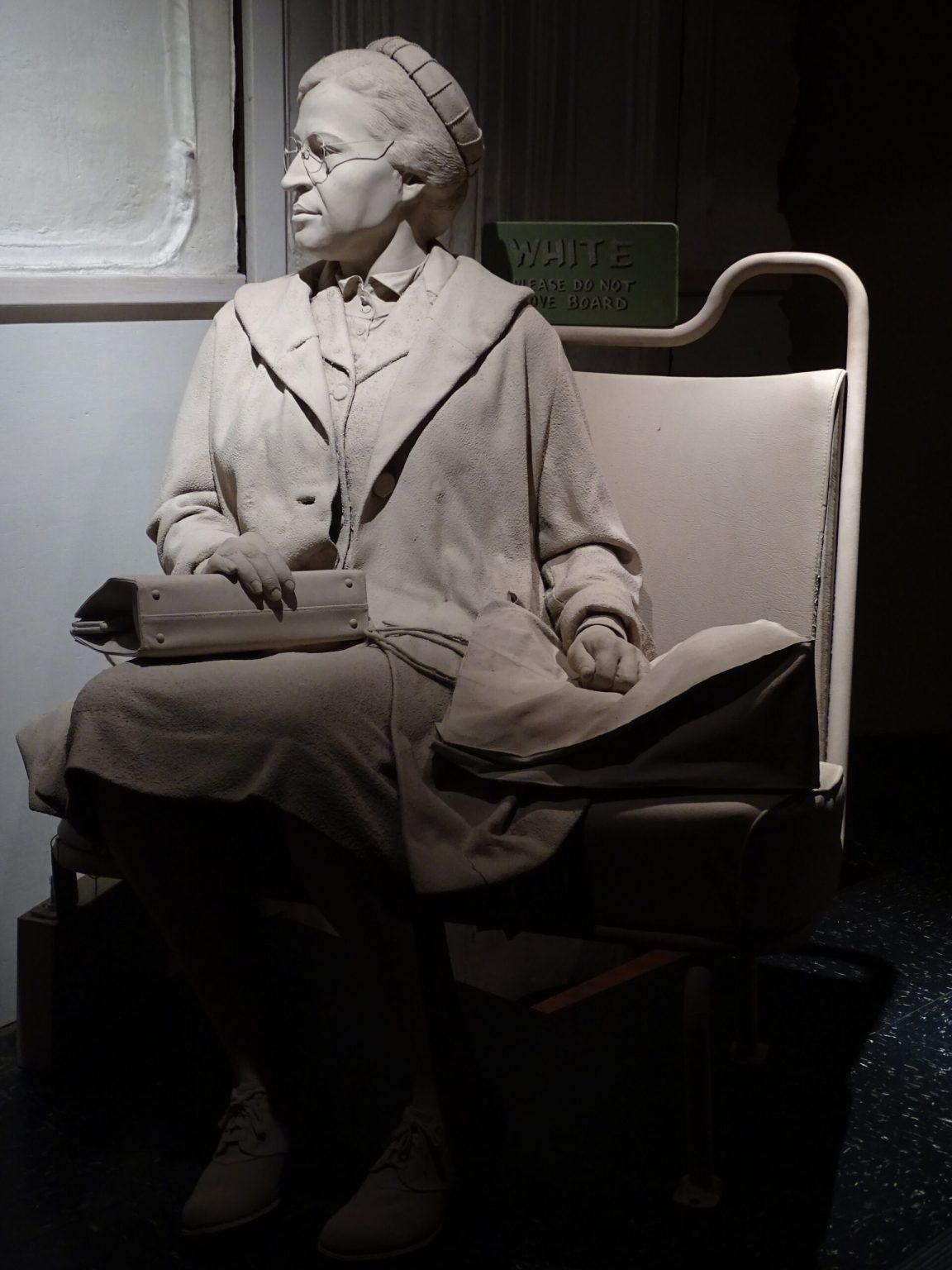
Photos courtesy of Wikimedia Commons
The Birmingham Civil Rights Institute was founded in November 1992. The museum is self-guided and includes exhibits showing the founding of Birmingham in 1871 to the present history of human rights. Their mission includes a commitment to telling and preserving the story of Birmingham and creating an environment that facilitates dialogue and understanding. Visitors can also see special exhibits that change from time to time. The permanent exhibits include the Barriers gallery, Confrontation gallery, Movement gallery, and the Human Rights gallery. Also available for free is the oral history project which has been digitized with more being added. Tickets for college students are $13 with i.d. and $15 for non-student adults.
Alabama Jazz Hall of Fame

Photos courtesy of Wikimedia Commons 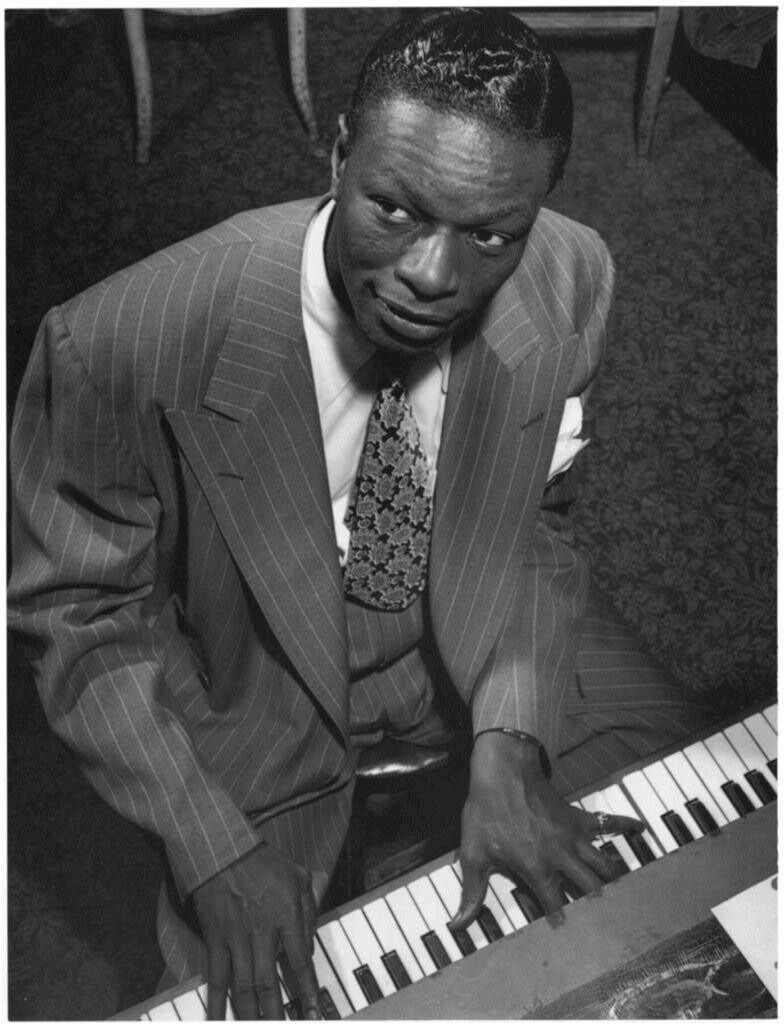
Photos courtesy of Picryl
The Alabama Jazz Hall of Fame museum is located inside Carver Performing Arts Theater, historically a place where African Americans were able to see first-run movies during segregation. The museum portion honors Alabama’s great jazz musicians and seeks to educate the public about jazz’s legacy as music indigenous to the U.S. The museum contains memorabilia from notable jazz artists such as Dinah Washington and Nat King Cole. They also host free jazz classes to the public every Saturday morning. They also have Birmingham’s only jazz-exclusive radio station WAJH 91.1FM. It’s currently closed for tours but when it reopens guided tours are available upon reservation.
16th Street Baptist Church

Photo courtesy of Wikimedia Commons 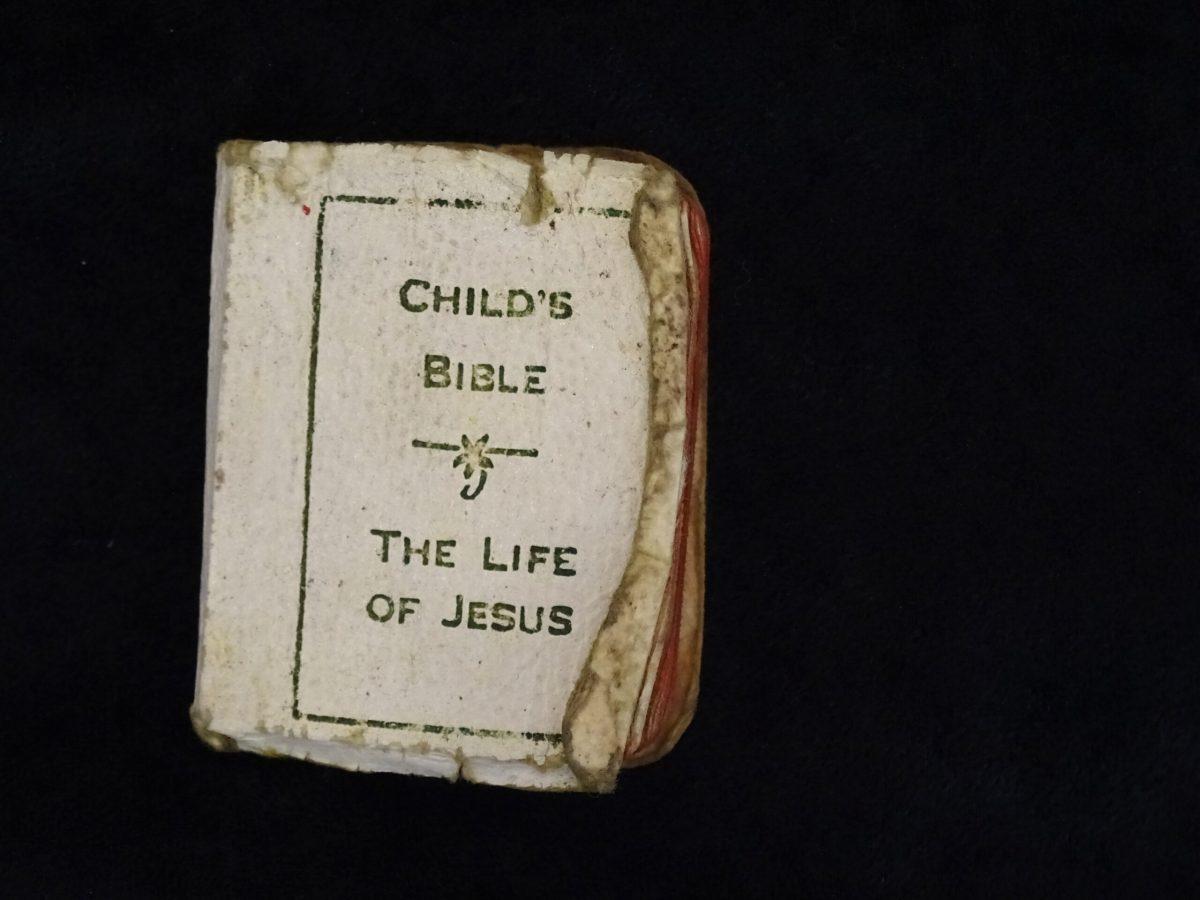
Photo courtesy of Wikimedia Commons 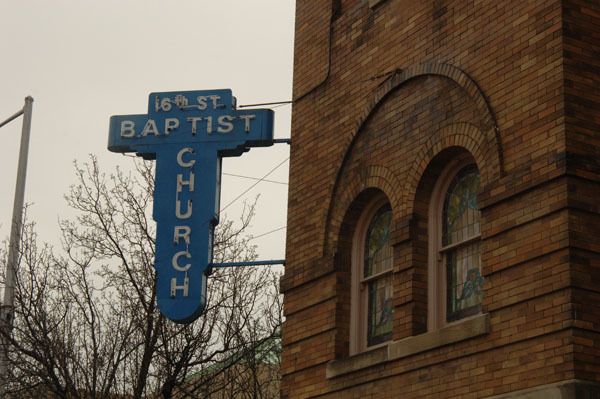
Photo courtesy of GetArchive
The 16th Street Baptist Church was the site of a bombing by the Klan. The bombing killed four girls aged 11-14 years-old and injured others in the area. It was also the first Black Baptist church in Birmingham, organized in 1873. The current building was constructed in 1911. The bombing was also part of President Johnson’s reason for passing the 1964 Civil Rights Act. Two of the KKK members responsible were prosecuted by former senator Doug Jones when he was U.S. Attorney for the Northern District of Alabama. The church hosted many meetings during the civil rights era and was an important place of organizing protests and decision making. The church is still in operation and anyone is welcome to join the congregation for their worship services at 10:45 a.m. on Sundays via Facebook live. The church is currently closed for tours.
Bethel Baptist Church

Photo courtesy of Picryl 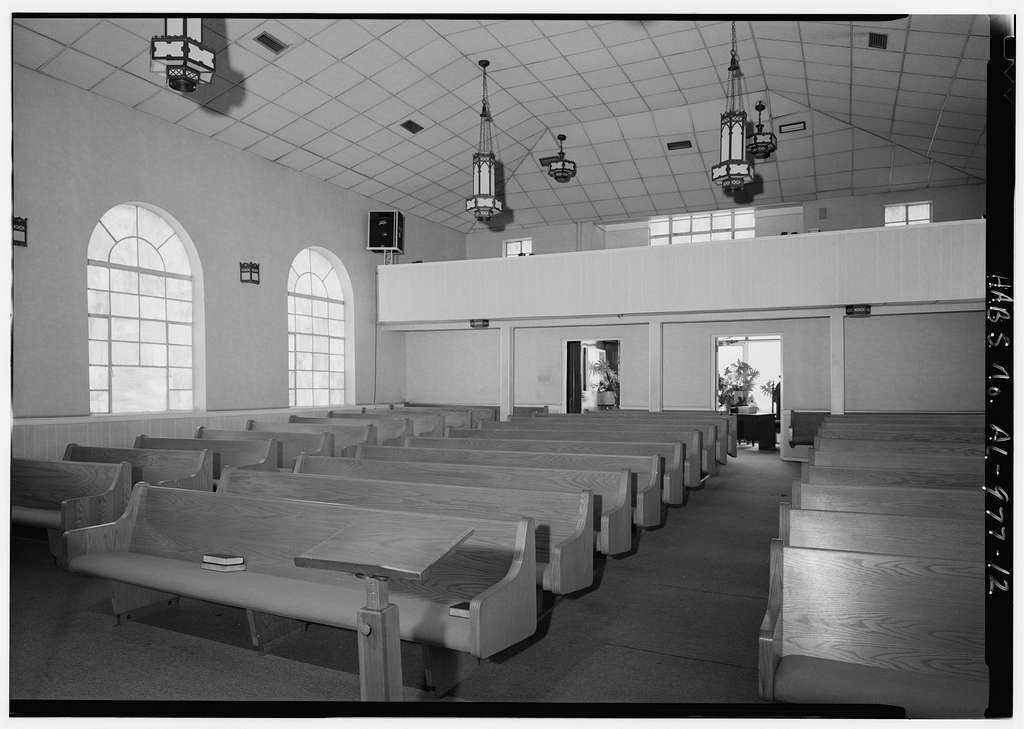
Photo courtesy of Picryl
Bethel Baptist Church was an important structure for the beginning of the Civil Rights Movement. It was the meeting place for the Alabama Christian Movement for Human Rights (ACMHR) under the leadership of Reverend Fred L. Shuttlesworth. The ACMHR was formed and organized in Bethel Baptist Church in response to a ban on the NAACP in Alabama. The church was bombed three times, including one attempt that nearly killed Shuttlesworth and his family. However, the church never missed a service amidst the attempts to destroy it.
Legacy Museum and National Memorial for Peace and Justice

Photo courtesy of Wikimedia Commons 
Photo courtesy of Wikimedia Commons
The Legacy Museum was founded by the Equal Justice Initiative in 2018 and is located in Montgomery, Alabama. The tour is self-guided and utilizes technology to show the horrors of racism in the U.S. from slavery to mass incarceration. It located on the site where enslaved people were housed between auctions and one block from a former slave auction space. It is also home to the most comprehensive collection of data on lynching. The National Memorial for Peace and Justice is a memorial to lynching victims and can be accessed by a bus that leaves from the Legacy Museum. It contains blocks for counties with recorded lynching’s and the names of the victims.

